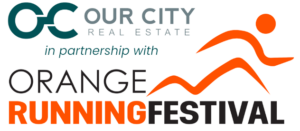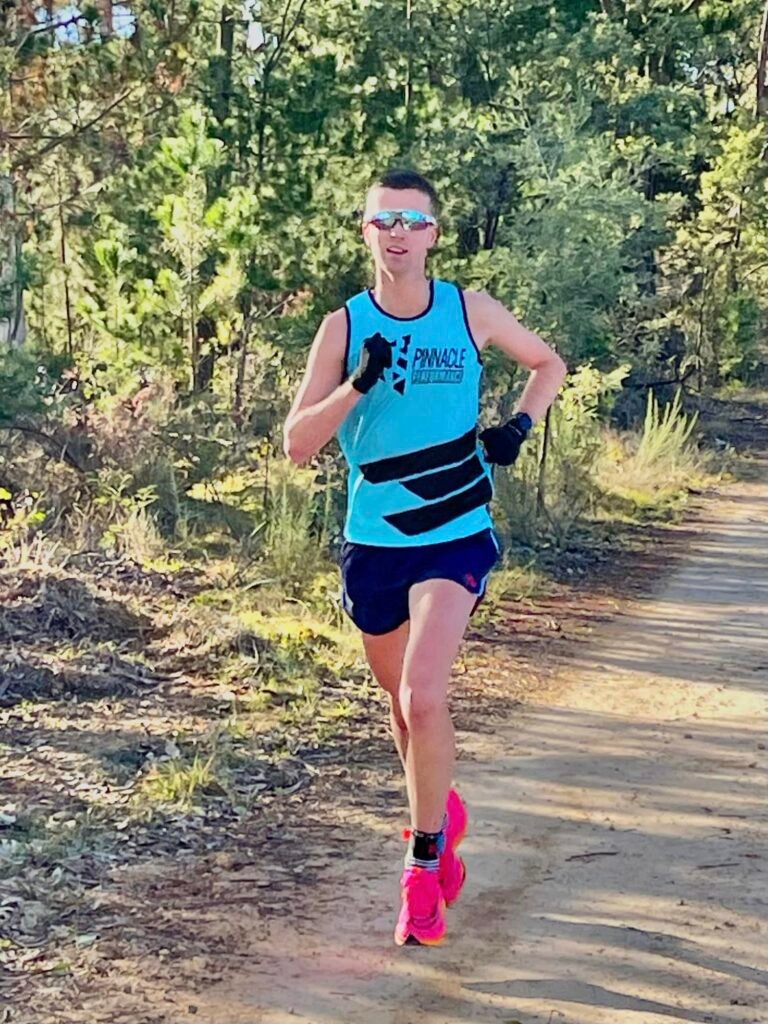TRAINING
Orange Running Festival has partnered with Jack Daintith of Pinnace Performance.
Pinnacle Performance is a local running coaching company that originated in Orange NSW. The objective of Pinnacle is to gather a close knit community of runners to motivate and work together to achieve one’s running goals.
Pinnacle strives to raise the standard of recreational running in Australia and provide athletes with expert advice and programs to reach new heights. Pinnacle Performance is a team that pushes and supports each other in pursuit of asserting our dominance on the race track.
Pinnacle is proud to have athletes who have successfully completed track, trail and road races from 100m to a Marathon and always welcomes new runners to join the team. Regardless of ability, the team will work together to see what you can achieve!
For the 2025 Festival, Jack will be our head coach, sharing training programs for our four longer events: Marathon, Half Marathon, 10K and 5K. If you’re looking to join Pinnacle Performance while you get ready for the running festival, we have a discount code for you: ORFP25. Just use that on Pinnacle’s website as you register.
Training programs have been developed for beginner and advanced runners and can be accessed through the links below. In addition, Jack has added his words of advice on a few topics that will be helpful for many of our participants.
To learn more about Pinnacle Performance, just head to their website or follow them on Facebook.
Training Programs
Training Tips
It’s important not to fear the distance you anticipate on running, embrace it! Fear can sometimes lead to poor decisions and progressing too far, too soon. You want to arrive on race day primed and ready to go. Any distance is achievable.
Build your training gradually and set some goals for yourself every three weeks. The more you achieve those goals, anything is possible!
Easy running is important as you build up your training volume. As you get close to your race, there’s a benefit in doing some of your long runs closer to race pace rather than the typically recommended 60-75 seconds a kilometre slower.
In the final eight to 10 weeks of your schedule, try long runs at a steadier pace, averaging 15-30 seconds a kilometre slower than your goal race pace.
Fuelling on the run is good way to ensure you get to final portion of your race feeling strong and ready to have that kick at the end. In saying this, practise is key! Gels help to get energy quickly into your body. When you have one, sip on it for about three to four minutes and target one gel every 30mins.


